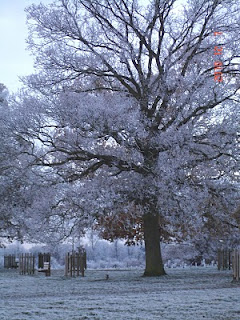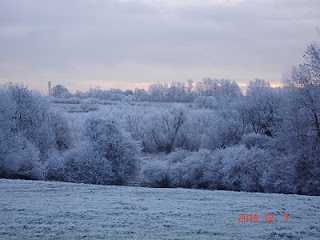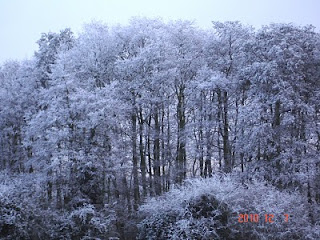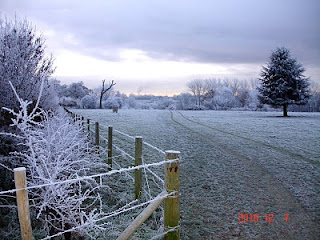WINTER PROGRAMME 2010
FRIDAY 24th SEPTEMBER
Sawbridgeworth Marsh
An illustrated talk by Andy Sapsford,
Warden of Sawbridgeworth Marsh.
FRIDAY 8th OCTOBER
Hertfordshire Flora
An illustrated talk Trevor James
A brief look at the results of the Herts Flora Survey
And the production of the recently published Flora of Hertfordshire
And a brief look at the results
FRIDAY 22nd OCTOBER
Butterflies of Hertfordshire
An illustrated talk by Liz Goodyear – Branch organiser of
The Butterfly Conservation.
FRIDAY 12th NOVEMBER
Orchids
An illustrated talk by Mary Smith,
Secretary of the Essex Field Club.
FRIDAY 26th NOVEMBER
Bird-Ringing – the first 100 years.
An illustrated talk by Chris Dee
FRIDAY 10th DECEMBER
Social Evening and Members’ contributions.
WINTER PROGRAMME 2011
FRIDAY 28th JANUARY
Reptiles and Amphibians.
A digital presentation by Lin Wenlock.
FRIDAY 11th FEBRUARY
Bats – the Worlds most successful mammals?
An illustrated talk by Sylvia and Roger Jiggins.
FRIDAY 25th FEBRUARY
Legs and Wings and Other Things – The Rival World.
An illustrated talk by David Sampson
Committee Member
FRIDAY 11th MARCH
Seaweeds of Essex
An illustrated talk by Ian Tittley
FRIDAY 25th MARCH
Special Roadside Verges of Uttlesford
An illustrated talk by Sarah Kenyon
Friday 8th APRIL
Microscopic Life and the ecology of the River Stort
An illustrated talk by Bob Reed, Chairman of the Society.
Friday 13th MAY Annual General Meeting and Social

















































